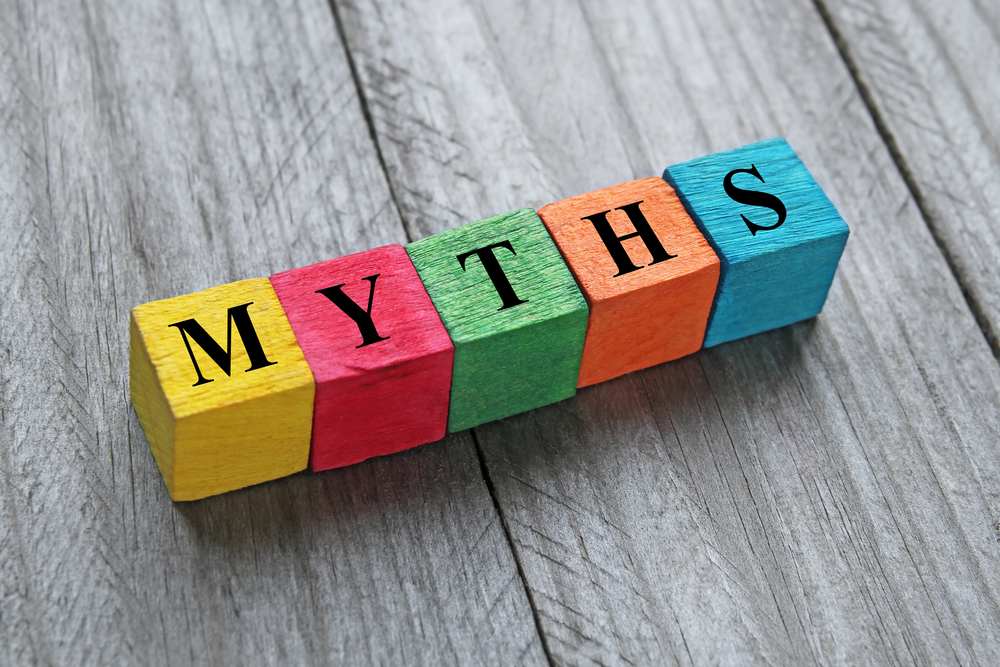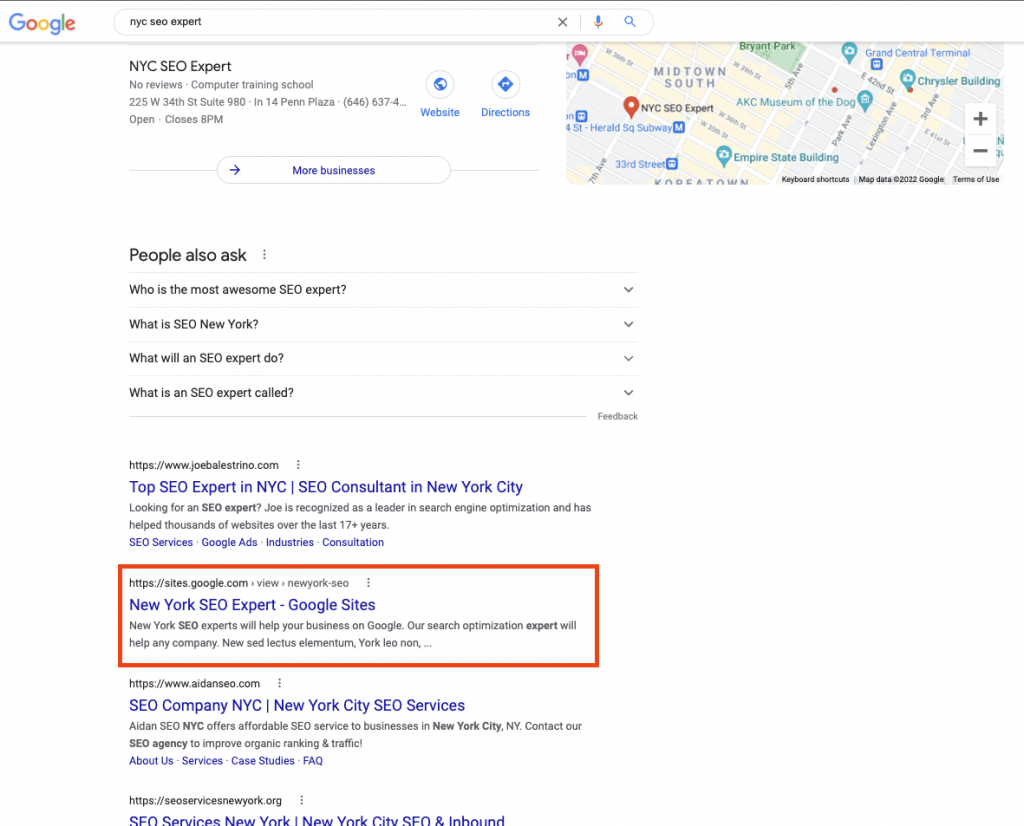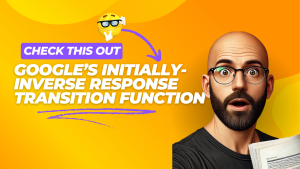
There is no shortage of SEO myths out there. Many of them are like nails on a chalkboard to me every time I hear them or see someone pushing one of them.
But there are 2 myths in particular that really drive me nuts and are damaging to people trying to learn and/or do their own SEO.
1- Social signals are a ranking factor.
There was a brief moment in the history of SEO where I think social signals were playing a role in rankings, but it was a fleeting moment. That was of course when Google had tried launching its own Facebook killer, Google+.
In particular, Google was experimenting with authorship using Google+ profiles. There was some correlation data that pointed to popular profiles getting a boost, but nothing too concrete. One thing was certain though, the authorship images you could add to your SERP listing had a dramatic impact on CTRs.
There have been some SEOs that have long been trying to convince the community that social signals play a role in rankings. They point to things like top ranking pages having more Facebook Likes or Tweets as ‘evidence’.
Correlation is not causation, and as Matt Cutts mentions in the video below, it’s much more likely that those pages were ranking highly first and that there was something about them people really liked, which resulted in the social activity.
The other thing that the social evangelists always overlook is the fact that Google needs to be able to crawl those sites in order to incorporate any data from them. What would happen if Google was blocked from crawling Facebook or Twitter? It’s happened before.
I’ll let Matt take it from here. I don’t think I’ve ever found a simpler explanation about how Google looks at social media signals or pages.
2- Links do not matter. Content is king. Great content will always rank well.
I’m lumping all this BS together.
Let’s start with links. From the time it launched, Google’s algorithms have revolved around links.
As Google has gotten better at classifying links and separating good links from spam, it’s the one part of Google’s algorithm that is difficult to game at any kind of meaningful scale. Not impossible, but highly difficult.
As Google continues to make advances in artificial intelligence and refining its algorithm, links are still by far the best method Google has for understanding how popular a piece of content is on the internet.
As far as content goes, I will say that content is very important, but quality content is still very subjective. There is a lot of evidence that Google is looking more at entities, TF-IDF, and the Knowledge Graph to determine what a page is about rather than relying on trying to somehow determine the “quality” of a piece of content.
Kyle Roof famously won a competition a few years ago ranking a page about rhinoplasty using Lorem Ipsum content on the page along with strategically placed entities and phrases in headings and in the content.
Others have followed his lead and done the same.
Just a few weeks ago, someone was ranking #2 for ‘NYC SEO Expert’ with the same kind of strategy.

Have a look at the page for yourself:
https://sites.google.com/view/newyork-seo/
Some real high quality content there, right?
Note: The page no longer ranks there. Like what happened to Kyle, once these sort of experiments get out in the public, it’s only a matter of time before Google takes manual action against them.
Obviously, content like this will not convert into leads or sales, but that’s not the point. The point is that despite all its advances, Google still is looking at content more like a math problem than an English professor.



